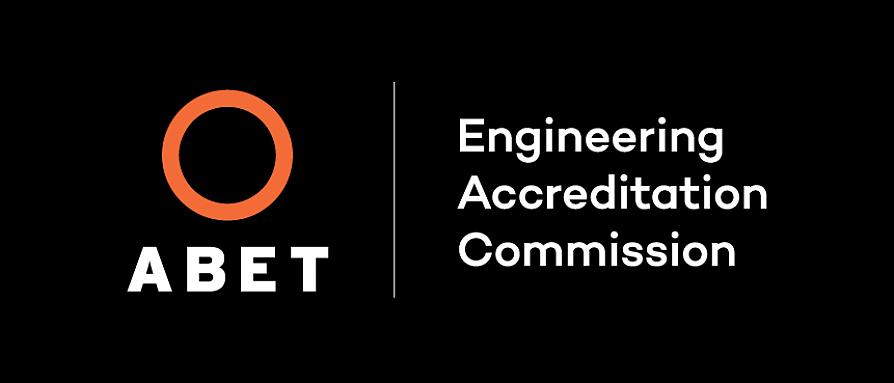Where science and math collide
The engineering physics degree is designed for students who like to see what happens when you mix math, science and engineering together into one exciting field of study. Engineering physics is a physics-based engineering program that helps students bridge the gap between theoretical science and practical engineering.
If you want to apply, design and develop new solutions in engineering (or perhaps already do), then the four-year engineering physics program at SFA is the program for you.
Build, design and innovate
Students who get an engineering physics degree at SFA go on to exciting careers in a wide variety of fields, from building mechanical controllers to manufacturing process control. Learn more about the numerous career opportunities today.
Made for students like you
SFA proudly offers our engineering physics students a world-class experience, with a downhome feel. Our small classroom sizes allow you to really connect with your fellow students and your professors. Students also have access to everything from makerspaces to robotics to help satisfy virtually any interest.
Undergraduate programs and requirements
Bachelor of Science in Engineering Physics
This four-year bachelor’s program allows students to gain an understanding of physics, math and engineering that can be applied to innovative careers in high-tech industries. Graduates from our engineering physics program can become licensed professional engineers in Texas after passing the licensing exams and completing the required years of experience.
Mechanical engineering concentration
Students pursuing a Bachelor of Science in engineering physics can focus on mechanical engineering, ensuring they have a solid foundation of engineering principles with the specialized knowledge needed for a career in the industry.
Electrical engineering concentration
Students in SFA’s engineering physics program who pursue a focus in electrical engineering put theory into practice, preparing themselves for innovative careers working with electrical systems.
Engineering minor
The engineering minor prepares students for employment or continued study in the areas of mechanical, electrical and civil engineering by including courses in introductory engineering, statics, dynamics, linear circuit analysis and digital systems. (This minor does not qualify a student to take the professional engineering exam.)
A student majoring in physics may minor in engineering, but courses that are applied to the minor cannot be applied to the major at the same time unless the student has a second minor from a different department.
 Axe ’Em, Jacks!
Axe ’Em, Jacks!

